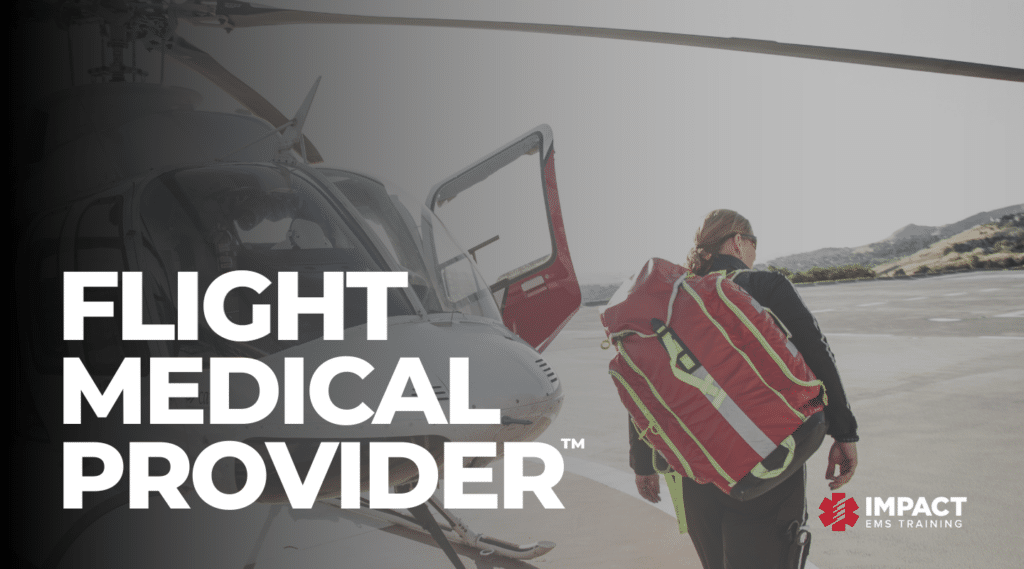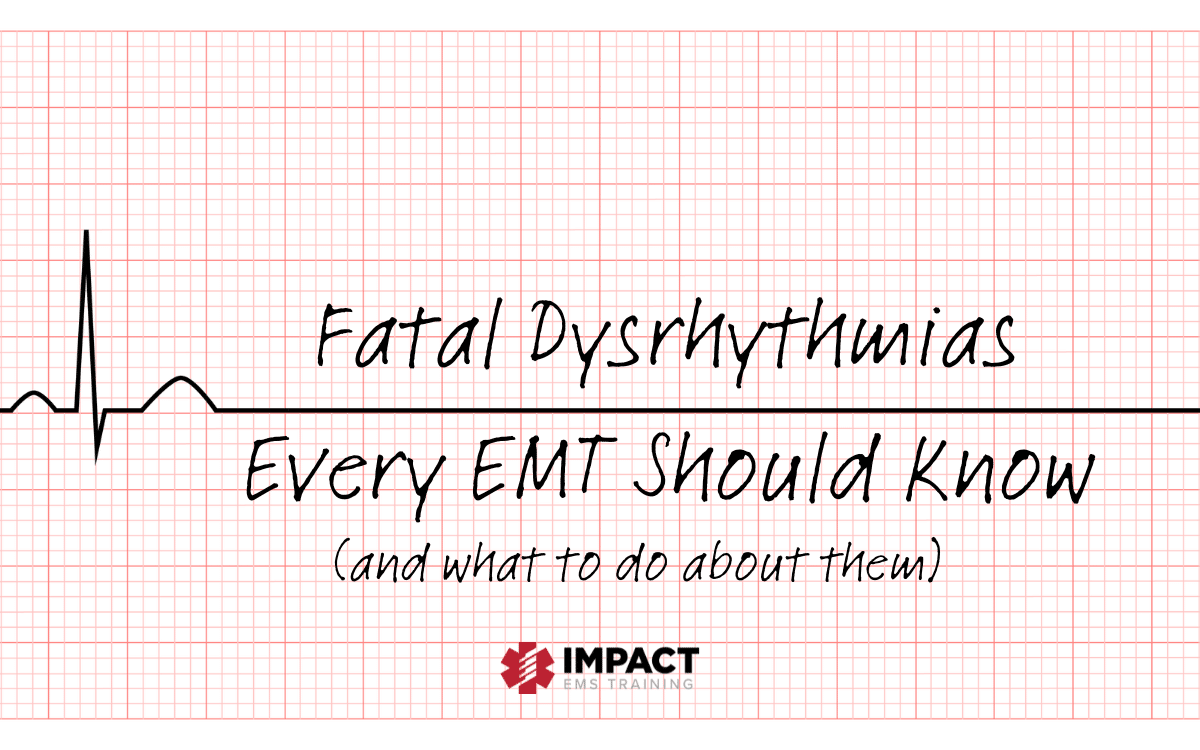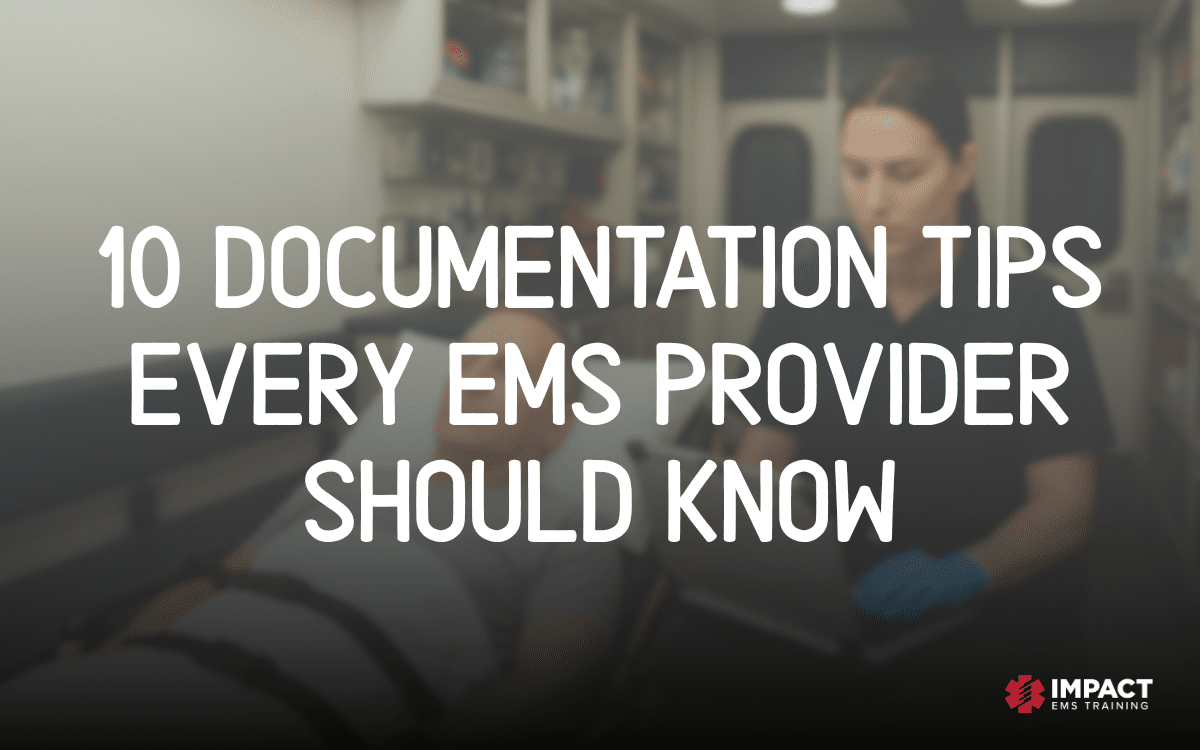Anyone who knows me will tell you, I love training and broadening my education. In any given year, you’ll find me going to four to six resident training courses and at least 2 conferences.
Recently however, I’ve come to the realization not many people know of opportunities available to them, so I wanted to sit down and list a bunch. This list is all federal government sponsored, either through FEMA or the Department of Homeland Security. Many of them are courses offered through the National Domestic Preparedness Consortium (NDPC) and I highly recommend taking advantage of it.
Before Finding Training
Get a Student ID Number
The first thing you’ll want to do is signup for a Student Identification System number (SID) through FEMA – if you’ve taken NIMS courses you’ll already have one. You can sign up here: https://cdp.dhs.gov/FEMASID
Understand how Training is Funded and Approved
Every year each state is allocated a specific amount of federal training money. This money goes towards paying for students’ travel, hotels, per diem, and course fees. Since you’re dealing with state money, there’s usually approval needed to attend these courses. Depending on the course, you will be required to give your supervisor’s contact information – number one to ensure training received is pertinent to your responsibilities. If approved at the local level, it may go to your state’s Homeland Security office, where they will sign off on you, and then you’re approved.
Travel and Hotels
For NDPC courses, everything is paid for. You’ll work with a travel company selected by your specific school or DHS to arrange for everything.
Finding Training
This the fun part! Below I’ll explain different places to find federal training.
Center for Domestic Preparedness
The Center for Domestic Preparedness (CDP) is a vital training component of the Department of Homeland Security, Federal Emergency Management Agency, National Training and Education Division. The CDP develops and delivers training for emergency response providers from state, local, tribal and territorial governments and, when appropriate, the federal government, foreign governments, and private sector entities. The CDP offers over 50 training courses at its resident campus in Anniston, Alabama. Training at the CDP campus is federally funded at no cost to state, local, tribal and territorial emergency response professionals from multiple emergency disciplines. In addition to resident training, the CDP has an active mobile training capability that provides critical advanced hands-on training in local jurisdictions across the country.
The CDP’s Chemical, Ordnance, Biological, and Radiological (COBRA) Training Facility is the nation’s only federally chartered toxic agent training facility for state, local, tribal and territorial emergency responders. This unique facility serves as the platform for tactical operations training in a contaminated environment that includes nerve agents (VX/GB-Sarin), biological hazards (Anthrax/Ricin), and radiological sources. The CDP’s Noble Training Facility (NTF) is a hospital venue that serves as a platform for multiple healthcare, emergency medical service, public health, and environmental health courses. NTF provides participants with a realistic training environment designed to prepare and challenge professionals for mass casualty incidents as a result of a catastrophic natural disaster or terrorist act
Link: https://cdp.dhs.gov/
Paid for through federal funding: Yes
Energetic Materials Research and Testing Center
The Energetic Materials Research and Testing Center (EMRTC) at New Mexico Tech (NMT) is the consortium’s lead partner for explosives, live explosives, and incendiary devices training.
Founded in 1889 as the New Mexico School of Mines, NMT has evolved into a research-oriented public university specializing in science and engineering. The institution has earned a worldwide reputation for the quality of its research and academic programs. As a result, NMT has consistently garnered high ratings from several sources, such as US News and World Report and the Princeton Review. NMT conducts applied research in explosive technology, explosive materials engineering, information security, and modeling and simulation for numerous U.S. Government agencies, including the Departments of Defense, Justice, State, Transportation, and Energy. The campus of NMT is located 70 miles south of Albuquerque, NM. EMRTC’s additional training site, Playas Training and Research Center, is located in the southwestern corner of New Mexico.
Link: http://www.emrtc.nmt.edu/training/
Paid for through federal funding: Yes
Nevada Test Site’s Counter Terrorism Operations Support Program
The U.S. Department of Energy’s National Nuclear Security Administration (NNSA) Nevada Site Office (NSO) runs the historic Nevada Test Site (NTS) located some 65 miles northwest of Las Vegas. NSO is a charter member of the NDPC, and has been involved in the development and delivery of radiological/nuclear (rad/nuc) training since 1998.
NNSA/NSO provides weapons of mass destruction (WMD) training to teach first responders to detect, prepare for, prevent, respond to, and recover from terrorist acts through research, development, test and evaluation, training, and intelligence support activities. More than ten thousand first responders per year receive this highly specialized training conducted on behalf of DHS FEMA/NPD. These training courses and exercises are conducted at the NTS, in municipality-hosted locations via Mobile Training Teams (MTTs), and online.
The Nevada Test Site’s Counter Terrorism Operations Support Program (NTS/CTOS) conducts this training for the NSO. NTS/CTOS has developed and delivered six different courses dealing with response to, and prevention of radiological and nuclear WMD for a variety of disciplines. These disciplines include emergency management, fire service, law enforcement, HazMat teams, public health, EMS, hospital “first receivers”, and others. NTS/CTOS has numerous training capabilities that can be readily augmented by the scientists, researchers, and subject matter experts (SMEs) from the NSO’s Remote Sensing Laboratories, DOE’s National Laboratories, and private industry.
Link: http://www.ctosnnsa.org/
Paid for through federal funding: Yes
National Emergency Response and Recovery Training Center
The National Emergency Response and Recovery Training Center (NERRTC) was established in 1998 as part of the NDPC and approved in 2000 by the Federal Emergency Management Agency (FEMA) as a national disaster response center. The NERRTC’s mission is to design, develop, and deliver training, exercises, and technical assistance for the nation’s emergency responders. NERRTC combines traditional classroom work, small group instruction, field exercises, participant activities, case studies and vignettes, multimedia scenarios, and computer-aided training and exercise simulations to train individuals and jurisdictions. Since 1998, NERRTC has trained over 710,000 participants across the country and the US territories
NERRTC is a center of excellence within the Texas A&M Engineering Extension Service (TEEX), one of the largest providers of workforce training in the nation since 1919. TEEX is known for its innovative, customized programs, including hands-on and on-site training. TEEX is a state agency of the Texas A&M University System. It is headquartered in College Station, TX with seven regional training centers and offices located around the state of Texas. These facilities support nine agency components, all of which offer workforce training in particular subject areas, and collaborate to provide TEEX customers with a seamless training venue. TEEX courses are taught locally throughout the state, at customer facilities, and at TEEX-approved locations both nationally and internationally
Link: https://teex.org/Pages/homeland-security.aspx
Paid for through federal funding: Yes
National Center for Biomedical Research and Training
The National Center for Biomedical Research and Training (NCBRT), Academy of Counter-Terrorist Education at Louisiana State University (LSU) is a founding member of the NDPC. The NCBRT has been involved in the development and delivery of training and related efforts in support of the Office for State and Local Domestic Preparedness Support since 1998, and now for the Office for Grants and Training (G&T). Since that time, the NCBRT has developed many courses and delivered them for the U.S. Departments of Homeland Security, Justice, Health and Human Services, and Agriculture, as well as for State and local jurisdictions, non-governmental organizations, and the private sector. Courses deal with Weapons of Mass Destruction (WMD), counter-terrorism, and high consequence events, for all disciplines including emergency management, law enforcement (including tactical operations), HazMat teams, public health, EMS, hospital, agricultural, and others. The NCBRT has also developed and delivered numerous workshops and seminars, developed scenarios and exercises, and has provided technical assistance to governmental and non-governmental entities. Not only are the capabilities of the NCBRT wide and deep, but they can be readily augmented by the scientists, researchers, and educators available from LSU, the flagship university of Louisiana
Link: http://www.ncbrt.lsu.edu/
Paid for through federal funding: Yes
Transportation Technology Center, Inc
The TTCI training approach, a proven, focused curricula combining classroom and laboratory training with contiguous full-scale hands-on field exercises for preparing first responders, has attracted new programs for additional surface transportation security and emergency response training from government agencies.
In 2006, TTCI began training the incoming TSA (Transportation Security Administration) surface transportation security inspectors in basic railroad operations and safety practices, a program that has continued to grow. On August 3, 2007, TTCI received congressional authorization as a Member of the National Domestic Preparedness Consortium (NDPC). TTCI was subsequently designated within NDPC as the National Center for Emergency Response in Surface Transportation.
Heavy freight transport systems remain our core operation, offering advanced first responder training to government and private sectors with open enrollment and contract classes. These activities will continue to grow and expand along with the new emphasis on security issues, an increased emphasis on passenger rail and encompassing complementary infrastructure integrity research.
Link: http://www.aar.com/
Paid for through federal funding: Yes
National Fire Academy
The National Fire Academy (NFA) works to enhance the ability of fire and emergency services and allied professionals to deal more effectively with fire and related emergencies. Free training courses and programs are delivered at our campus in Emmitsburg, Maryland, online and throughout the nation.
Link: https://www.usfa.fema.gov/training/nfa/
Paid for through federal funding: Yes
Other places to find training:
http://firstrespondertraining.gov
Different Types of Training
There are multiple types of training:
Resident training is held at the facility’s location and is usually paid for. Indirect training and mobile training is held at various locations throughout the country – you can request a course be taught at your facility (this requires more coordination at the state level) however if you must travel to attend indirect or mobile training, this is not re-imbursed or paid for.
Many of these training centers also offer online courses for free, with even more offers due to COVID.
Final Notes
The courses you will find through these entities are top notch, rewarding education. You’ll get to network with first responders throughout the country in all types of service – EMS, law enforcement, search and rescue, counter-terrorism, and more. The Instructors are experts in their fields. Do not be afraid to apply for a course – never once have I had an application denied, and program administrators have come into classes and said to advertise – they don’t see enough people taking them.
Many of these courses are sensitive in nature. You will learn sensitive information and be issued materials that are For Official Use Only (FOUO) or Law Enforcement Sensitive (U/LES). Remember to be professional, but most importantly, learn.
If you have any questions on various trainings, feel free to reach out – I’ve been taking and sending employees to these trainings for the past 3 years. From field force extrication to responding to terrorist bombings to healthcare leadership, there’s so much to learn.
Impact EMS offers accredited certification and refresher courses in one trusted location. Fully prepare for certification exams and maintain licensure with skill building credits.





